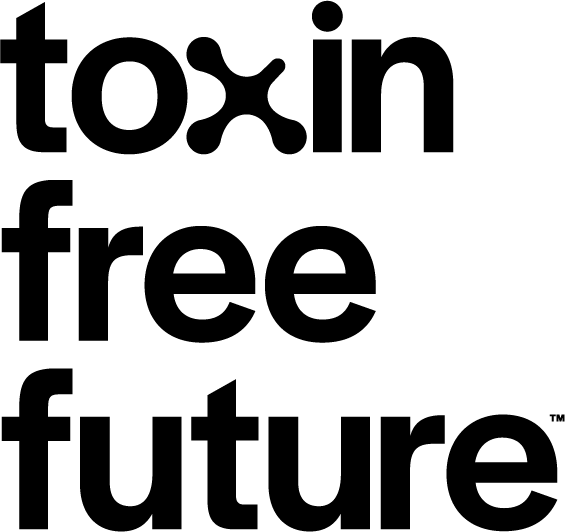Grant Guidelines
1. Team Definitions
Primary Institution
The organization submitting the application and responsible for overall project oversight. The Principal Investigator (PI) must be an employee of the primary institution.
Collaborating Institutions
Institutions that will contract directly with Zero Matters and play an active role in directing the project. Each must name a Co-Principal Investigator (Co-PI). No more than three institutions (including the primary) may participate in a single project.
Subawards
Organizations contracted by the primary or collaborating institutions to support the project through services, research, or specific deliverables. Subawardees are managed and paid by the contracting institution, not Zero Matters.
Principal Investigator (PI)
The lead researcher with primary responsibility for project direction and execution. Only one PI is allowed per application.
Co-Principal Investigator(s) (Co-PIs)
Individuals at collaborating institutions who share leadership responsibilities for the project.
Collaborators
Individuals contributing to the project, either paid or unpaid, who are affiliated with the primary or collaborating institutions.
Consultants
Experts not affiliated with the institutions above, contracted for a specific role or deliverable, and compensated via a fee rather than salary.
2. Allowable Costs
Zero Matters will support the following cost categories for grantees and their subawardees:
- Personnel Salaries: Based on percent effort; must not exceed the current NIH salary cap.
- Fringe Benefits: According to institutional policy; documentation may be required.
- Consultant Fees
- Subawards: Including allowable indirect costs.
- Research Supplies
- Specialized Equipment: Must be essential to the project.
- Travel Costs: When essential to research execution.
- Postdoctoral Stipends: For researchers dedicating 75%+ effort.
- Clinical Research Costs, if applicable:
- Participant recruitment and travel
- Regulatory submissions (e.g., IND filing)
- Packaging/formulating investigational compounds
3. Unallowable Costs
Grants will not fund:
- General office tech (e.g., laptops, software updates)
- Office supplies
- Publication fees (unless otherwise specified)
- Conference travel
- Entertainment
- Personal living/accommodation costs
- Lab renovations
- Tuition or student-related fees (e.g., housing, insurance, visas)
- Indirect costs exceeding Zero Matters’s policy (see below)
4. Indirect Cost Policy
To ensure stewardship of donor resources while supporting grantee operations:
- Nonprofits/Academic Institutions: May apply up to 15% indirect cost rate to their direct costs.
- For-Profit Institutions: May apply up to 10%.
- Subawardees may include indirect costs within their lump sum, but the managing institution may not apply its own indirect rate to subawards.
- Institutions must apply their actual rate if it is below the cap.
- Zero Matters reserves the right to request documentation of indirect rate policies.
5. Currency & Exchange Rates
For non-U.S. institutions:
- Use OANDA or a comparable source to determine USD exchange rates at the time of application.
- All submitted budgets and expense reports must be in USD.
- If significant rate fluctuations occur, a reassessment may be required with Zero Matters staff.
6. Budget Template & Submission Requirements
Grantees must use the Zero Matters Budget Template, which includes:
- Personnel costs (with % effort, fringe, salary)
- Consultant fees
- Direct costs (supplies, equipment, travel)
- Indirect costs (if applicable)
- Subawards (if applicable)
Each section must include a justification detailing how the cost supports the project’s objectives.
7. Project Scope & Funding Objectives
Zero Matters funds projects aligned with our mission to reduce environmental toxin exposure and promote toxin-removal solutions, with emphasis on:
- Medical research and treatment of toxin-related inflammatory diseases
- Development of therapeutic interventions and clinical practices
